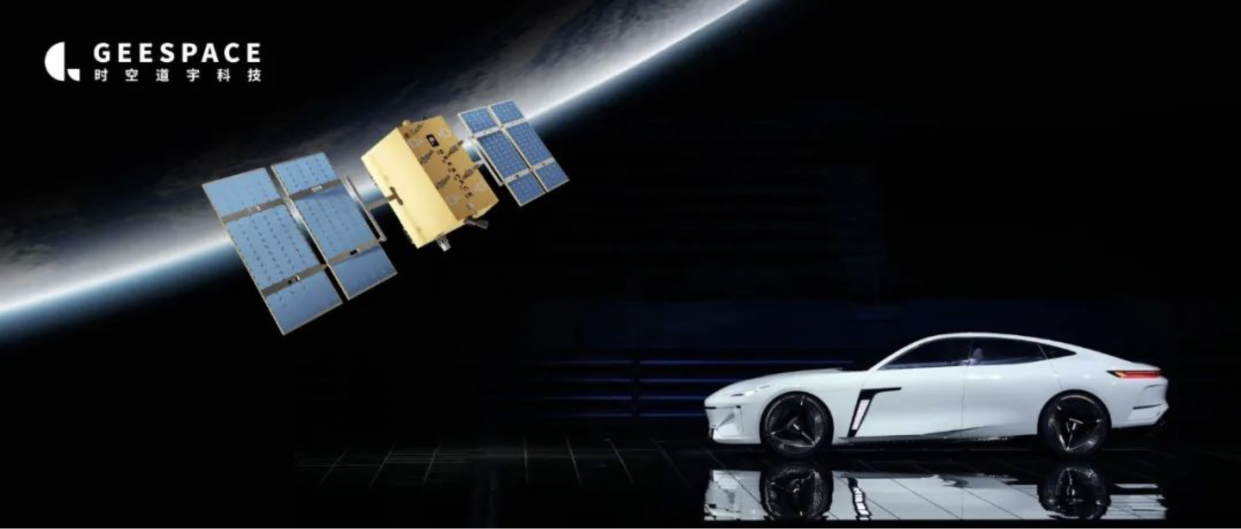Chinese carmaker to launch 72 satellites to assist intelligent driving

Chinese automaker Geely plans to launch 72 satellites by 2025 to support a new range of cars.
Hangzhou-based Geely unveiled its Galaxy, or Yinhe, range of electrified and fully electric cars in late February — and the vehicles will be getting assistance from orbit.
Geely established a space-focused arm in 2018 named Geespace to provide autonomous driving solutions by building a satellite network.
Related: The latest news about China's space program
Geespace has since set to work building a satellite factory in Taizhou, set up a headquarters in the southern city of Guangzhou close to other new space startups and, in 2022, launched nine test satellites into orbit.
Until now its satellite constellation plans had been vague, stating only that the network would be designed to provide centimeter-level accuracy positioning, high-precision maps and connectivity for its vehicles.
Now the firm states that it aims to put 72 satellites into orbit by 2025 as a first phase of its constellation to provide intelligent driving functionality for the Galaxy range of cars.
The constellation will provide global positioning services without blind spots, according to Geely. To do this it will augment the signals of China's Beidou navigation and positioning system, which is China's answer to GPS, while also using the services of China's Tiantong 1 mobile communications satellites in geostationary orbit.
Related stories:
— NASA helps steer effort to create self-driving cars
— GPS: Everything you need to know about the space-based technology keeping us on track
— The latest news about China's space program
Geely is focusing heavily on self developed chips, operating systems, intelligent cloud computing, and satellite networks to secure the future of the brand, according to a statement.
China's government opened up areas of its space sector to private capital in 2014, resulting in the emergence of a wide range of companies engaged in launch, satellite manufacturing and operating, ground stations, downstream applications and more. Geely received approval to begin manufacturing satellites in 2021.
The "deep integration of the aerospace industry, the automobile industry and the information and communication industry has become an inevitable trend," another Geely statement read, via machine translation.
Follow us on Twitter @Spacedotcom or Facebook.

